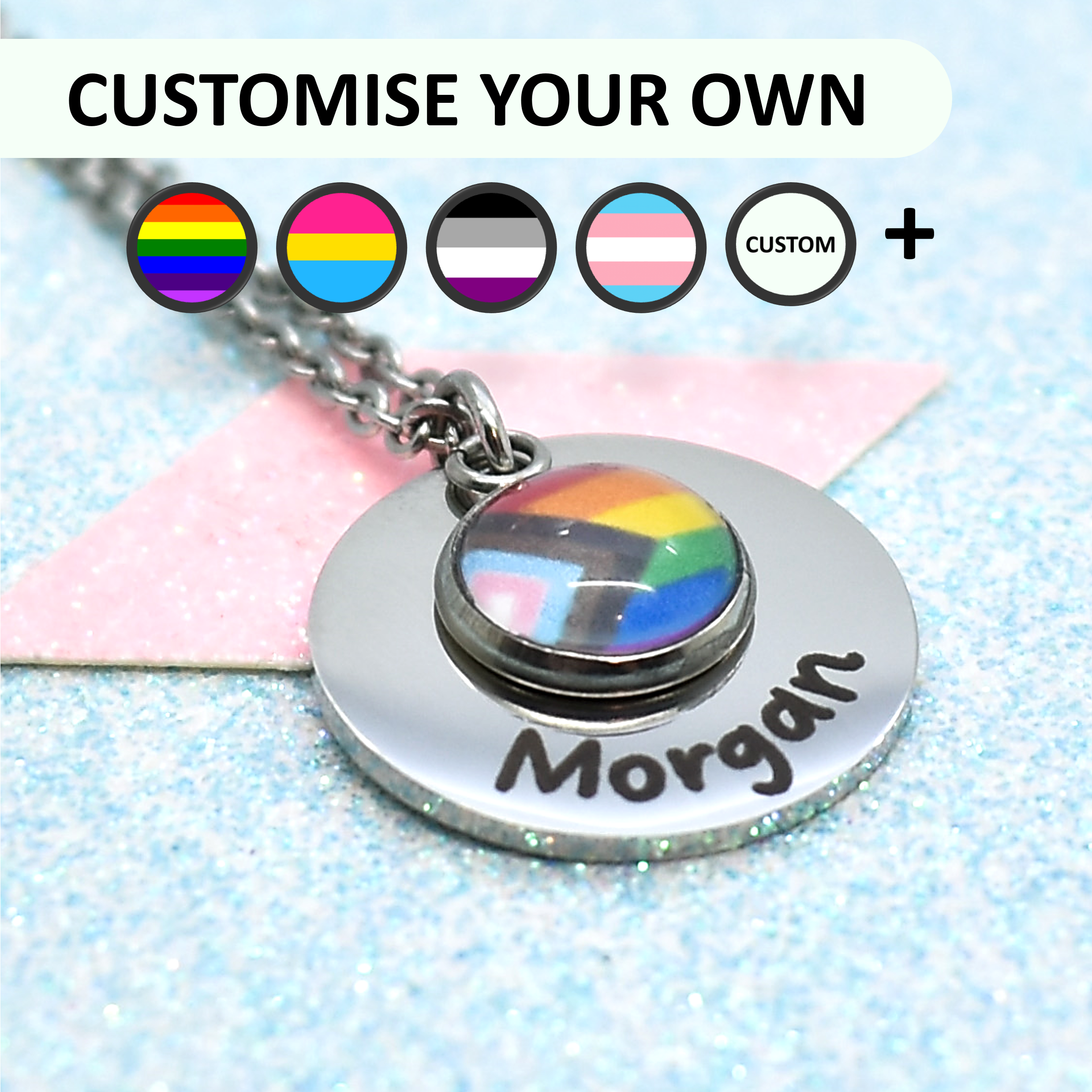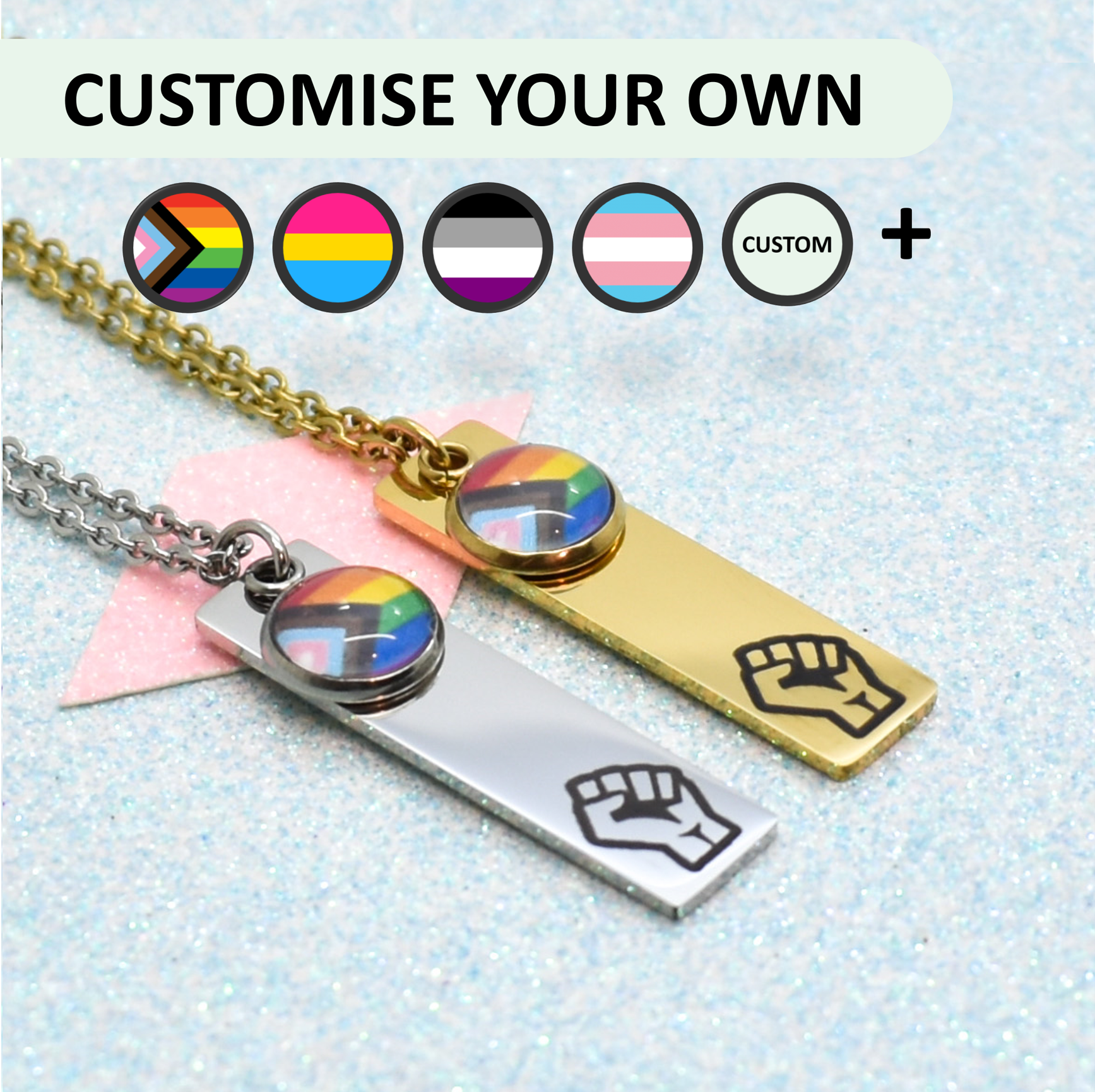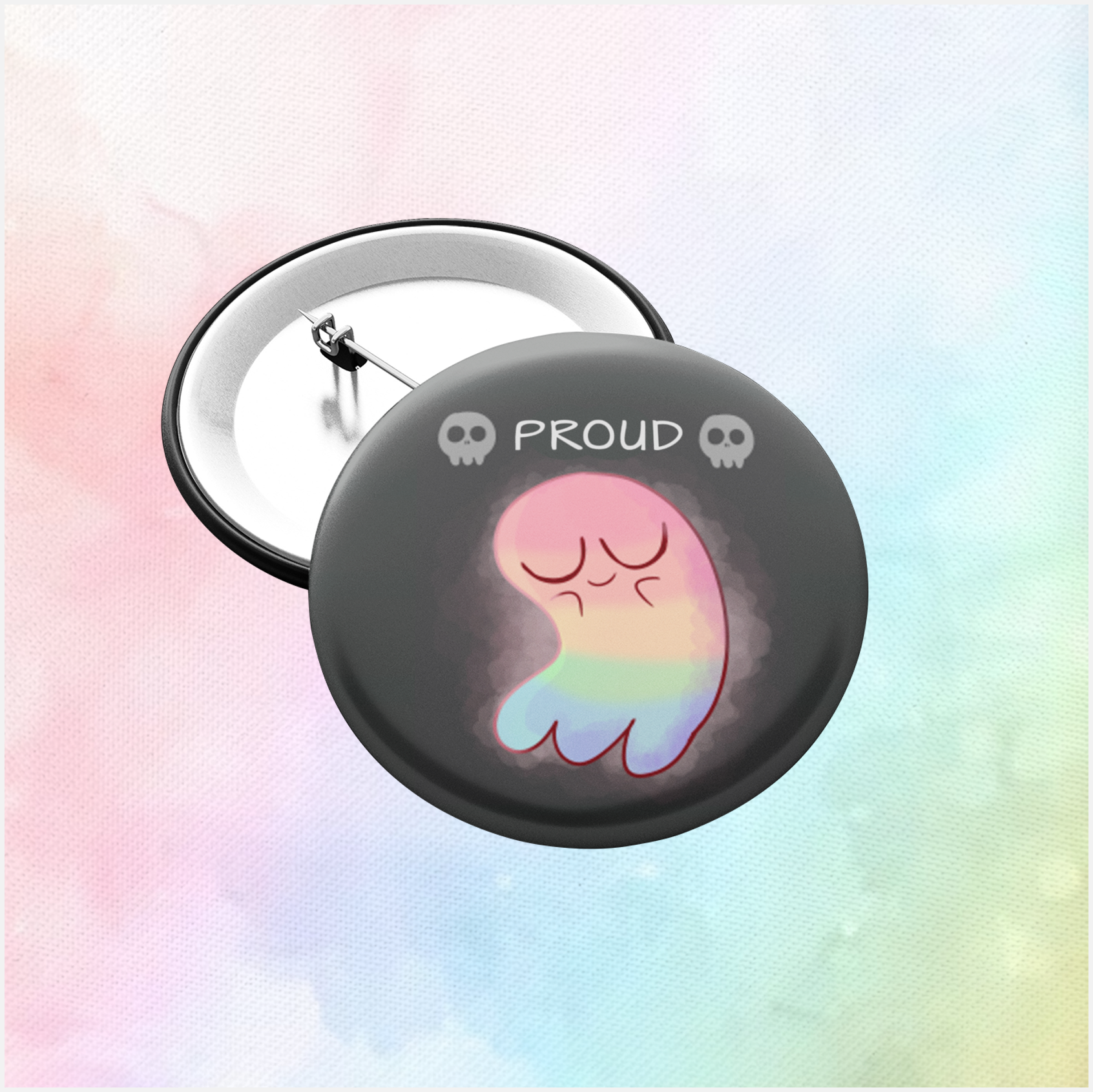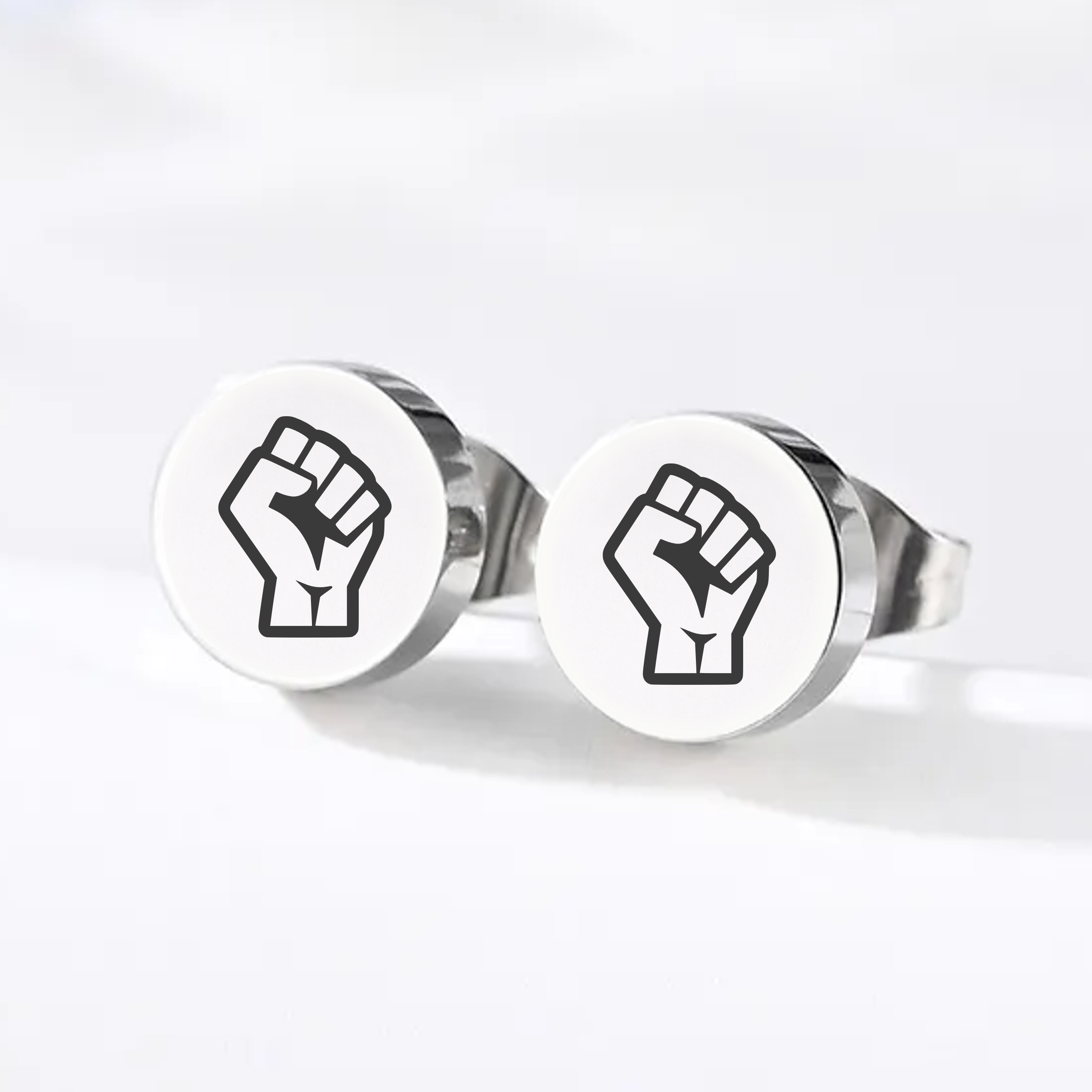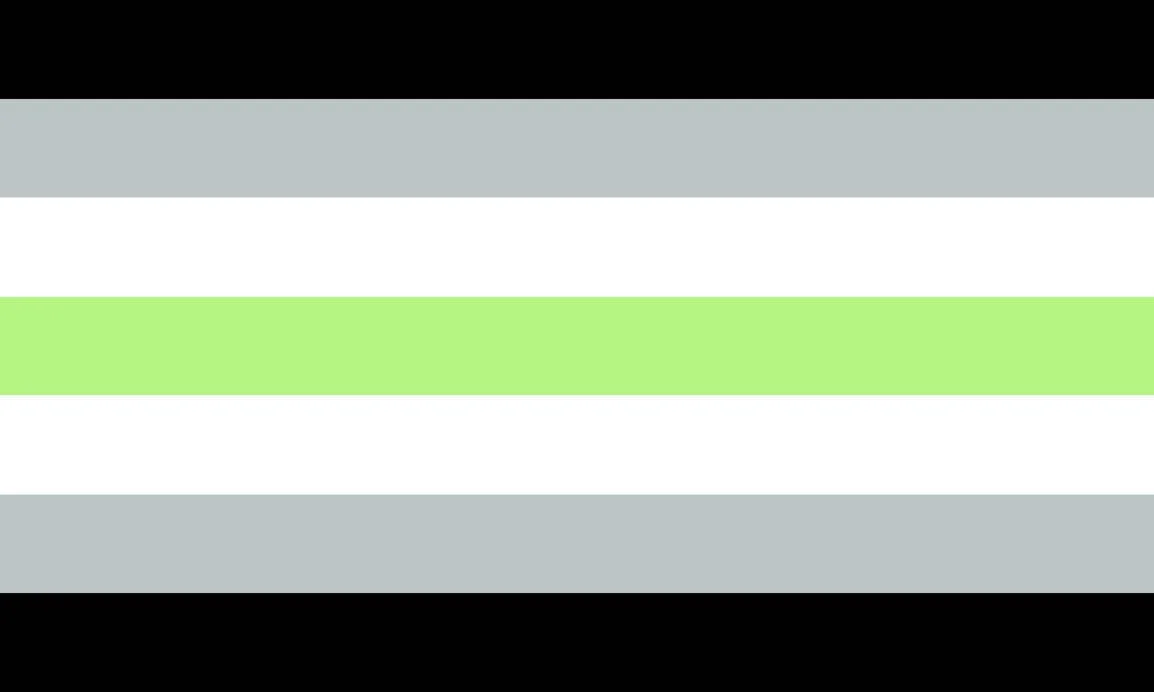Agender Collection
Agender Collection
Agender Collection
Celebrate identity with handmade non-binary jewellery — crafted with pride, purpose, and personal meaning. From affirming pronoun pieces to quiet symbols of strength, each design is made to honour truth, fluidity, and self-expression. Conjured with care for those becoming who they are.
Our non-binary collection honours that truth, that power, and that right to be seen, affirmed, and celebrated. 🖤
Agender Education Area
-
To be agender means not identifying with any gender at all.
Agender people may feel disconnected from the concept of gender, or they may experience themselves as having no gender entirely. Some describe it as neutral, others as blank space, and others still as freedom from expectation.
There’s no single way to be agender — only what feels true to the individual living it.Agender is valid. It is not confusion, absence, or a placeholder.
It is a full and worthy identity — just like any other. -
Use someone’s name and pronouns.
Some agender people use they/them, others might use he, she, or neopronouns — always follow their lead.Avoid gendered assumptions.
Don’t assume someone’s gender based on their voice, appearance, or clothing.Use inclusive language.
Say “everyone” instead of “ladies and gentlemen,” and be mindful of phrases that reinforce binary thinking.Don’t question their identity.
Just because agender may be unfamiliar doesn’t mean it’s any less real.
-
Listen to their experience — not stereotypes.
Every agender person experiences their identity in a different way.Create space for them.
Whether it’s in conversation, clothing choices, or creative work — allow them to exist without being boxed in.Respect their boundaries.
Some agender people may not want to discuss gender — and that’s okay.Normalise not having a gender.
Help push back against the idea that everyone must “be” something on a binary spectrum.
Agender FAQs
-
Some agender people identify as trans (because their gender is different from the one assigned at birth), and others do not. It’s personal.
-
There’s no specific look. Agender people can have any style, expression, or voice.
-
Yes! Some use they/them, others use he/she/xe or no pronouns at all. Ask and honour their choice.
-
If it feels right to them — absolutely. Language is personal.
-
Respect their truth. Check in. Learn. And make space for them to show up just as they are — unlabelled, uncontained, and entirely enough.
-
Agender means having no gender at all, while non-binary is a broader term for anyone whose gender isn’t just male or female.
-
Yes, some agender people choose to transition to feel more aligned with their identity, but not all do.
-
If you don’t understand being agender, that’s okay—just know it means someone doesn’t feel they have a gender at all.
-
You might not have heard of it because agender identities haven’t been widely talked about until recently. As society grows more inclusive, more people feel safe to share and explore these identities.
-
You may not feel connected to any gender at all. Maybe gendered labels never fit, or you feel more at home with neutrality. You might feel disinterest in gender entirely. There’s no wrong way to be agender — it’s about what feels true to you.
Disclaimer: This is not diagnostic advice. Your identity is yours to explore and honour in your own time.

